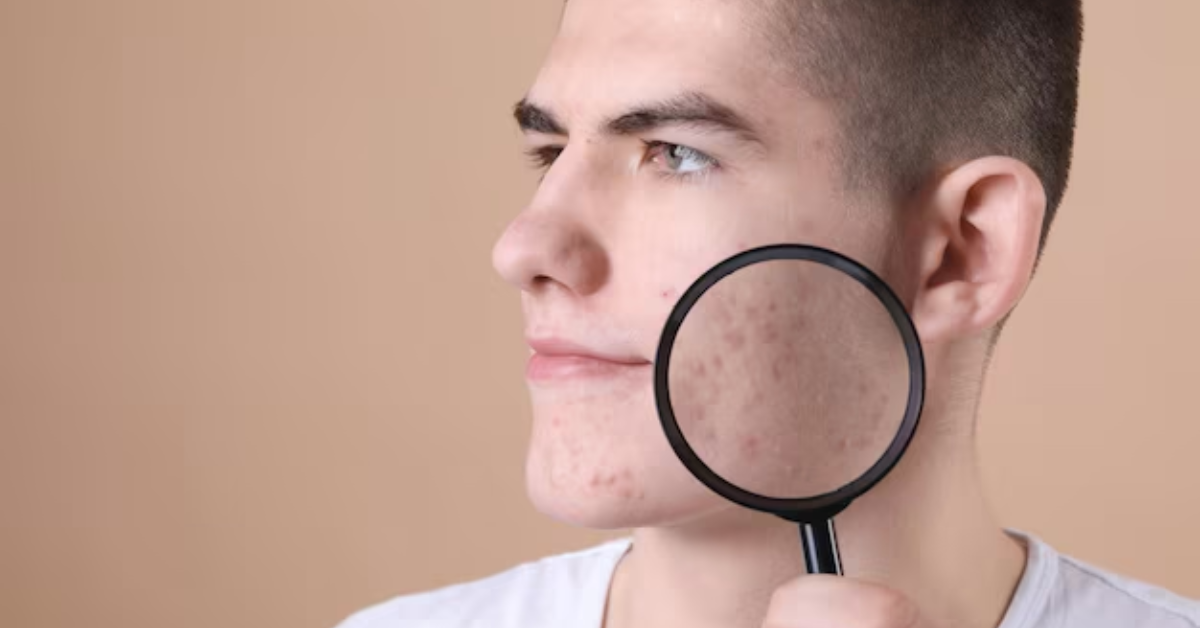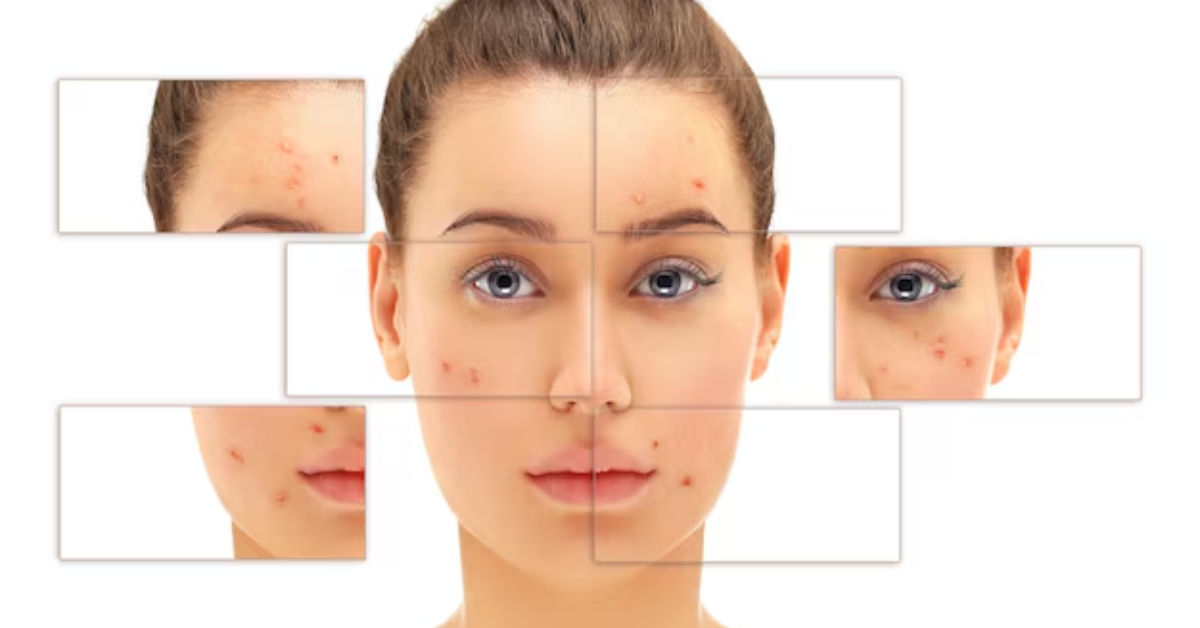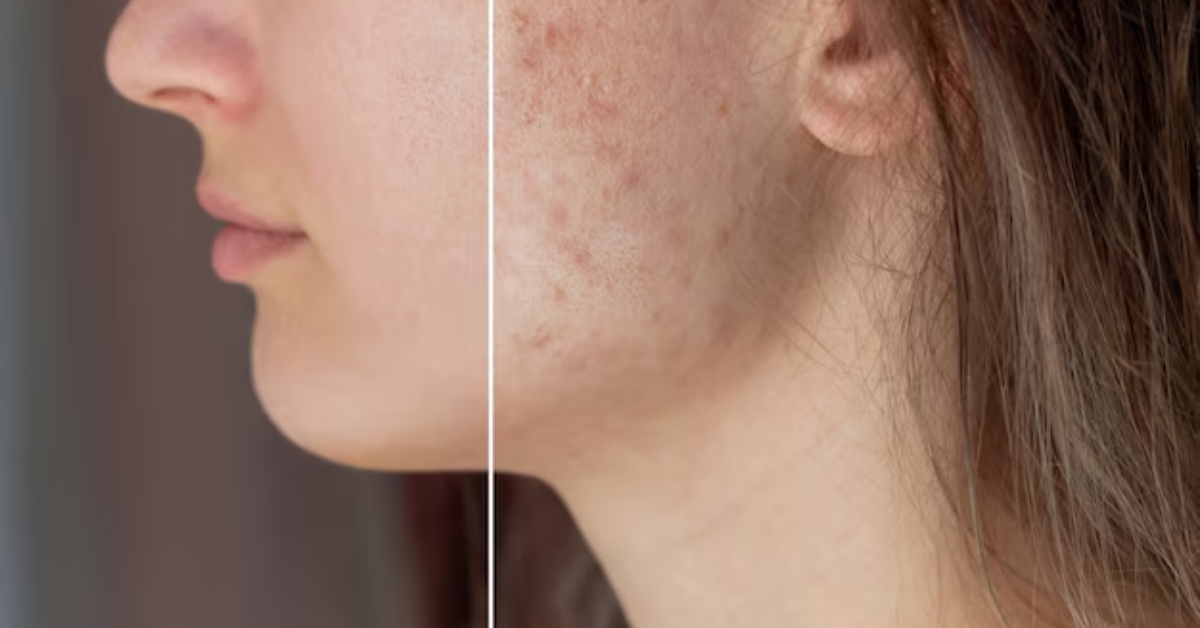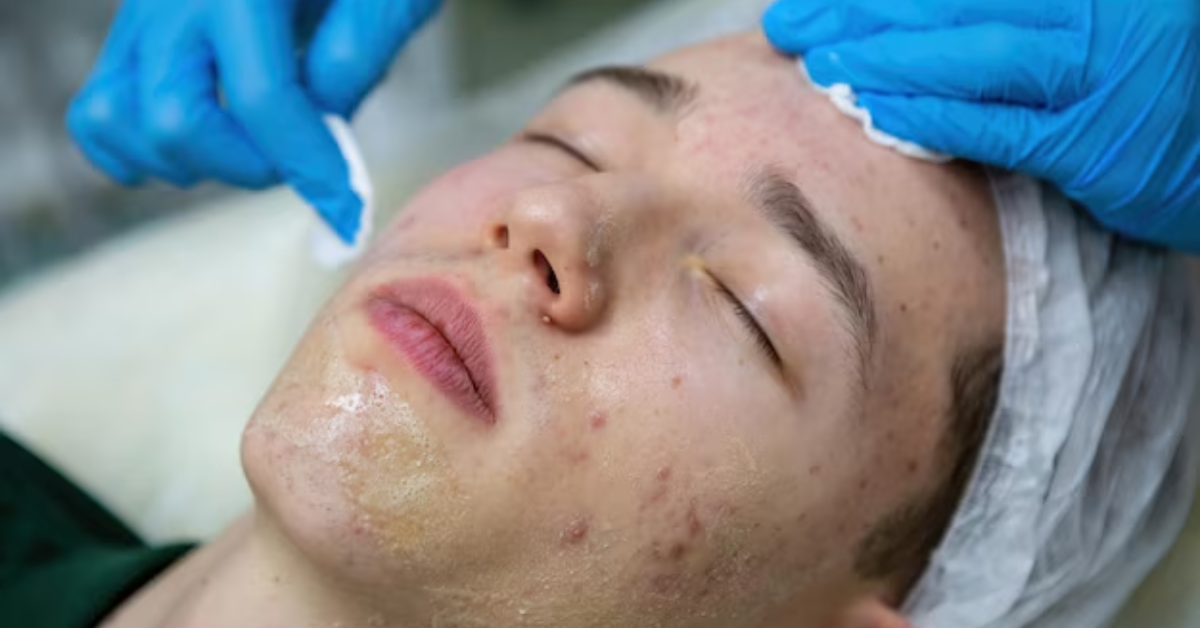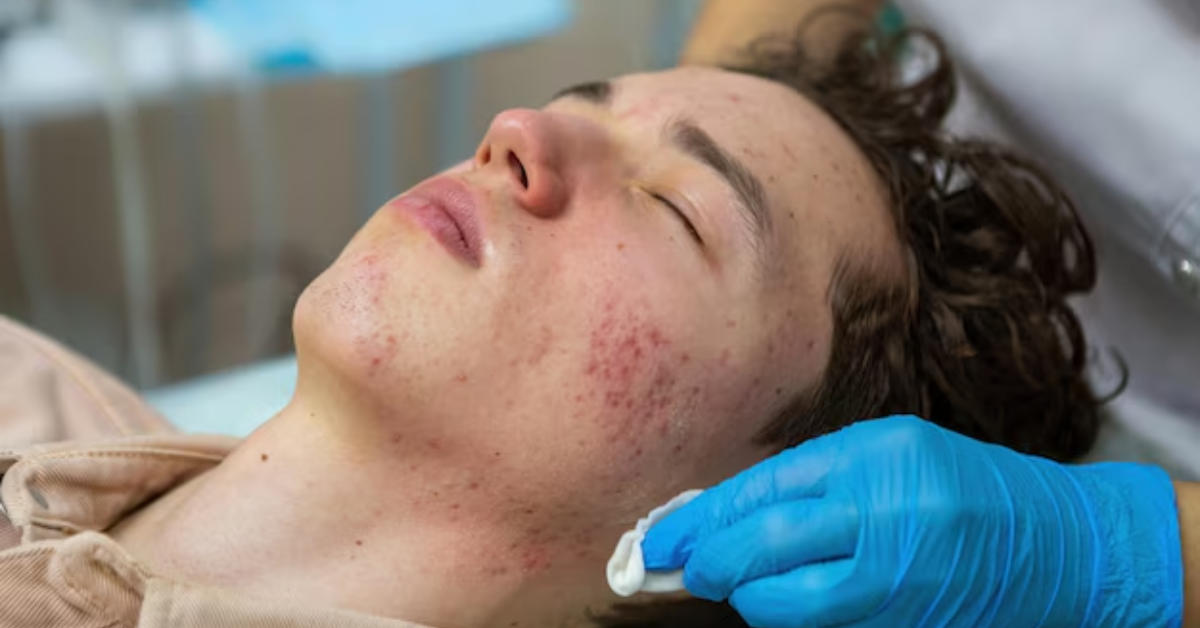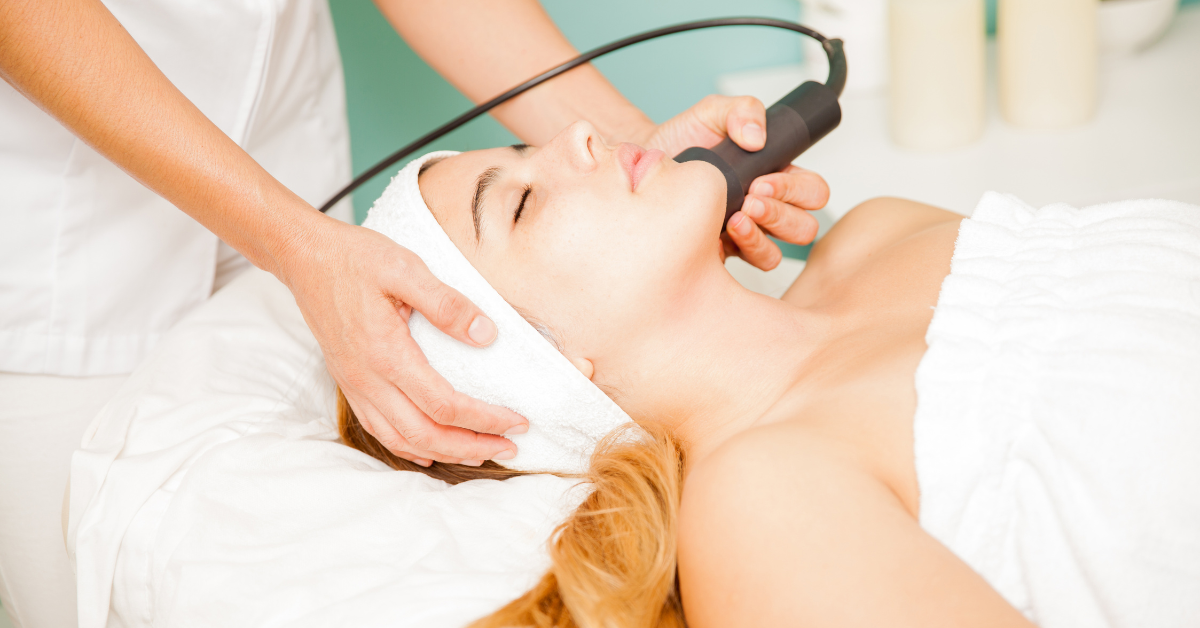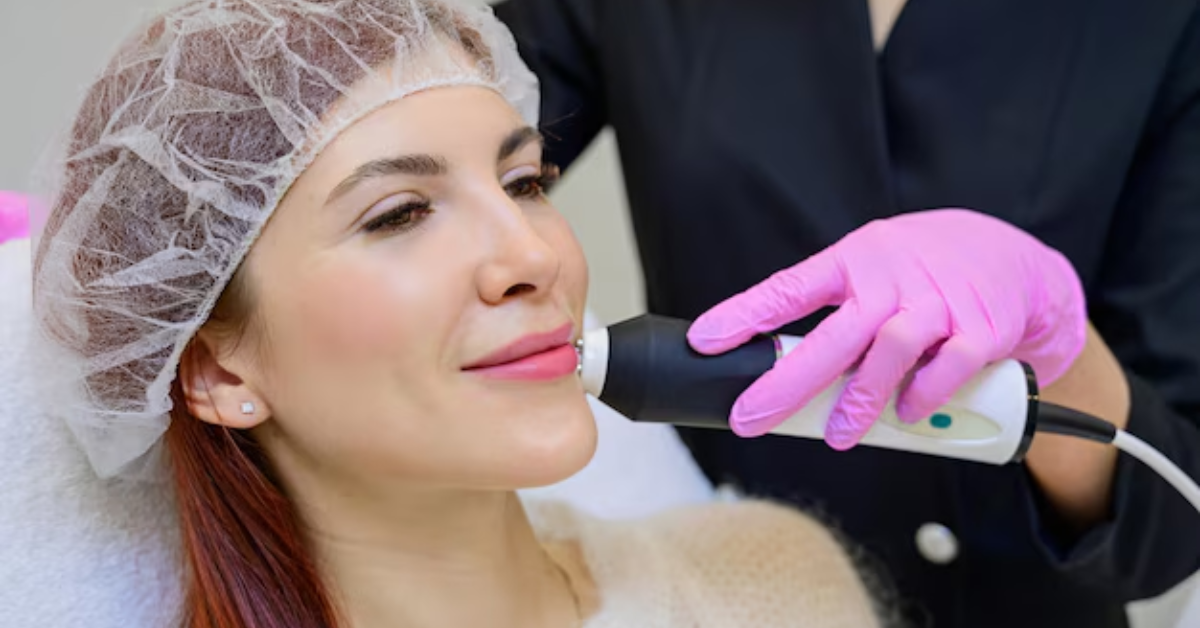Are There Natural Remedies for Treating Skin Pigmentation?
Skin pigmentation is a common skincare concern that affects people of all ages, genders, and skin tones. It can appear in many forms—dark spots caused by sun exposure, melasma triggered by hormonal changes, age spots due to aging, or post-inflammatory hyperpigmentation left behind by acne or skin injuries. Regardless of the cause, dealing with an uneven skin tone can be both emotionally and physically frustrating. Many people seek quick fixes through over-the-counter creams or expensive dermatological procedures.
However, not everyone is comfortable using harsh chemicals or undergoing
clinical treatments. As a result, there's a growing interest in natural, home-based remedies that aim to reduce pigmentation gently and effectively. But how effective are these natural solutions, and can they really help fade stubborn dark spots? In this article, we’ll explore the causes of pigmentation, highlight the most promising natural remedies, and guide you on when it’s time to seek professional help.
What Causes Skin Pigmentation?
Pigmentation occurs when the skin produces excess melanin—the natural pigment that gives color to our skin, hair, and eyes. While melanin plays an essential role in protecting the skin from UV radiation, an overproduction in certain areas can lead to uneven skin tone or dark patches, commonly referred to as hyperpigmentation. This imbalance is often triggered by a variety of internal and external factors. Prolonged sun exposure is one of the most common causes, as UV rays stimulate melanin production as a defense mechanism.
Hormonal fluctuations, particularly during pregnancy or due to conditions like polycystic ovary syndrome (PCOS), can also lead to pigmentation disorders such as melasma. Additionally, acne scars, skin injuries, inflammation, and the natural aging process can leave behind stubborn dark marks that don’t fade easily. These pigmented areas may show up on the face, neck, hands, arms, or other parts of the body frequently exposed to sunlight, often affecting one’s confidence and skin appearance.
Can Natural Remedies Help?
The short answer is yes—natural remedies can help reduce mild to moderate pigmentation—but they require consistency and patience. Natural treatments tend to work gradually, making them a safer and gentler alternative for those who prefer chemical-free skincare. However, it's important to remember that results vary depending on the individual's skin type and the root cause of pigmentation.
Popular Natural Remedies for Skin Pigmentation
1. Aloe Vera
Aloe vera is rich in aloin, a natural depigmenting compound known to lighten skin and improve tone. Applying fresh aloe vera gel on the affected areas before bed and washing it off in the morning can gradually reduce dark spots.
2. Lemon Juice and Honey
Lemon contains vitamin C and citric acid, both of which have skin-lightening properties. When mixed with honey—known for its moisturizing effects—it becomes a powerful combination for brightening skin. However, lemon juice can be irritating, especially for sensitive skin, so always do a patch test first.
3. Turmeric
Turmeric has anti-inflammatory and antioxidant properties that can help reduce pigmentation and promote a more even skin tone. Mixing turmeric with milk or yogurt and applying it as a mask 2-3 times a week can yield visible results over time.
4. Licorice Extract
Licorice root contains glabridin, a natural compound that inhibits melanin production. It is effective in treating melasma and other types of hyperpigmentation when used consistently.
5. Green Tea Extract
Green tea is packed with antioxidants and has been shown in studies to reduce pigmentation. Applying cooled green tea bags or using skincare products that contain green tea extract may gradually improve uneven skin tone.
Tips for Using Natural Remedies Safely
While natural ingredients are generally considered safe, they can still cause irritation or allergic reactions. Always follow these safety tips:
- Do a patch test before applying any remedy to your face.
- Use sunscreen daily, as sun exposure can worsen pigmentation.
- Avoid harsh scrubbing, which can inflame the skin and lead to more discoloration.
When to Consider Professional Treatments
Natural remedies can take weeks or even months to show results, and they may not work for severe pigmentation. If you’re not seeing improvements, it might be time to explore professional solutions. At Malka Med Spa, we offer customized skin pigmentation treatments tailored to your skin type and concerns. Using a combination of advanced skincare technologies, facials, and organic ingredients, our experts target the root causes of pigmentation to restore a clear, radiant complexion. Whether it’s hormonal pigmentation, sun spots, or acne scars, our holistic approach provides visible results in a safe and relaxing environment.
Final Thoughts
So, are there natural remedies for treating skin pigmentation? Yes—ingredients like aloe vera, turmeric, lemon, and licorice have been used for centuries and can provide relief for mild discoloration. However, it’s crucial to be patient and consistent, as natural solutions work over time. For more stubborn pigmentation or faster results, seeking professional guidance is a smart choice.
Whether you choose DIY remedies or professional care, the most important step is to protect your skin daily from sun damage, stay hydrated, and maintain a healthy skincare routine. Clear, even-toned skin is not just about treatment—it’s about ongoing care and conscious choices.

